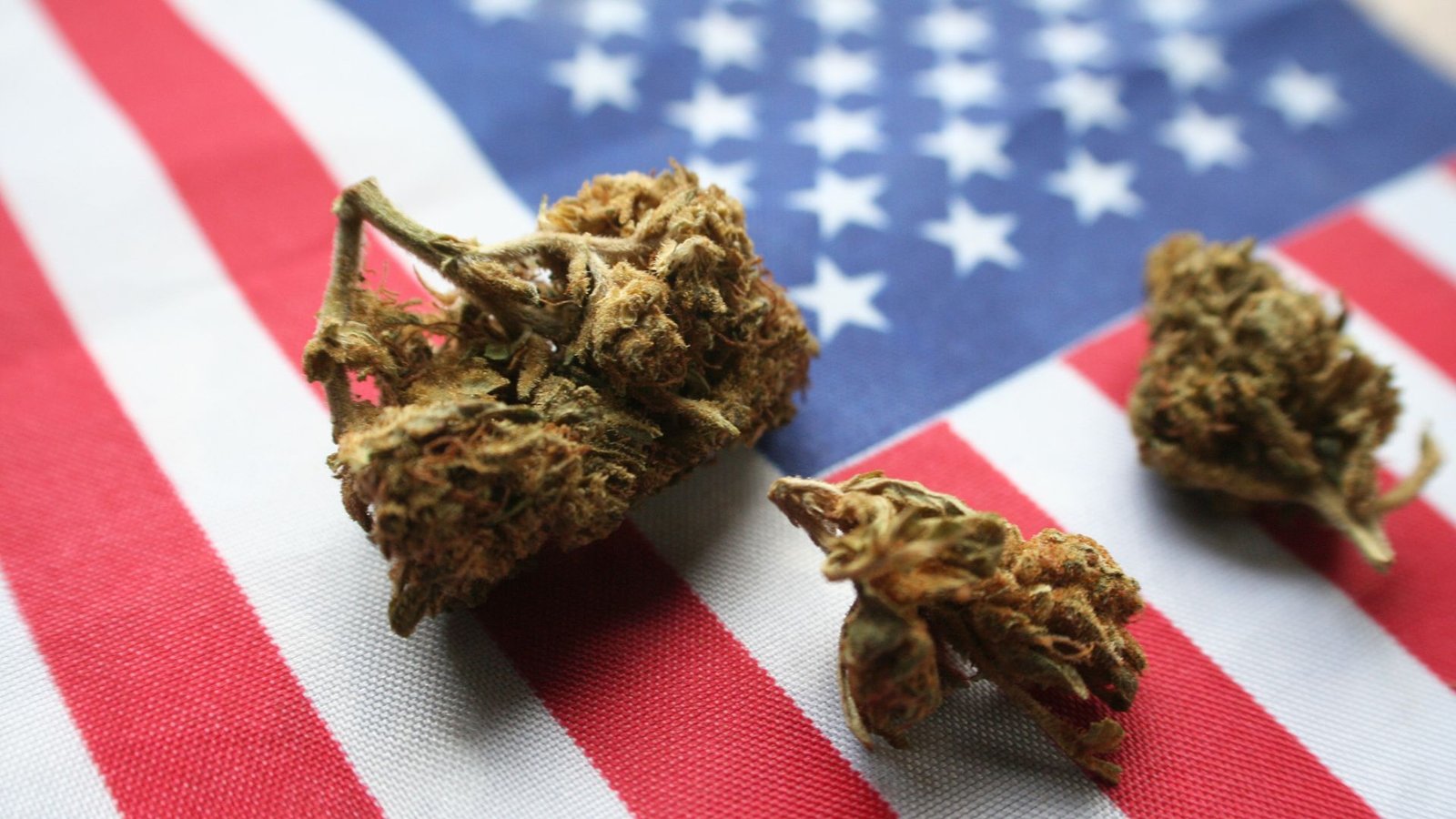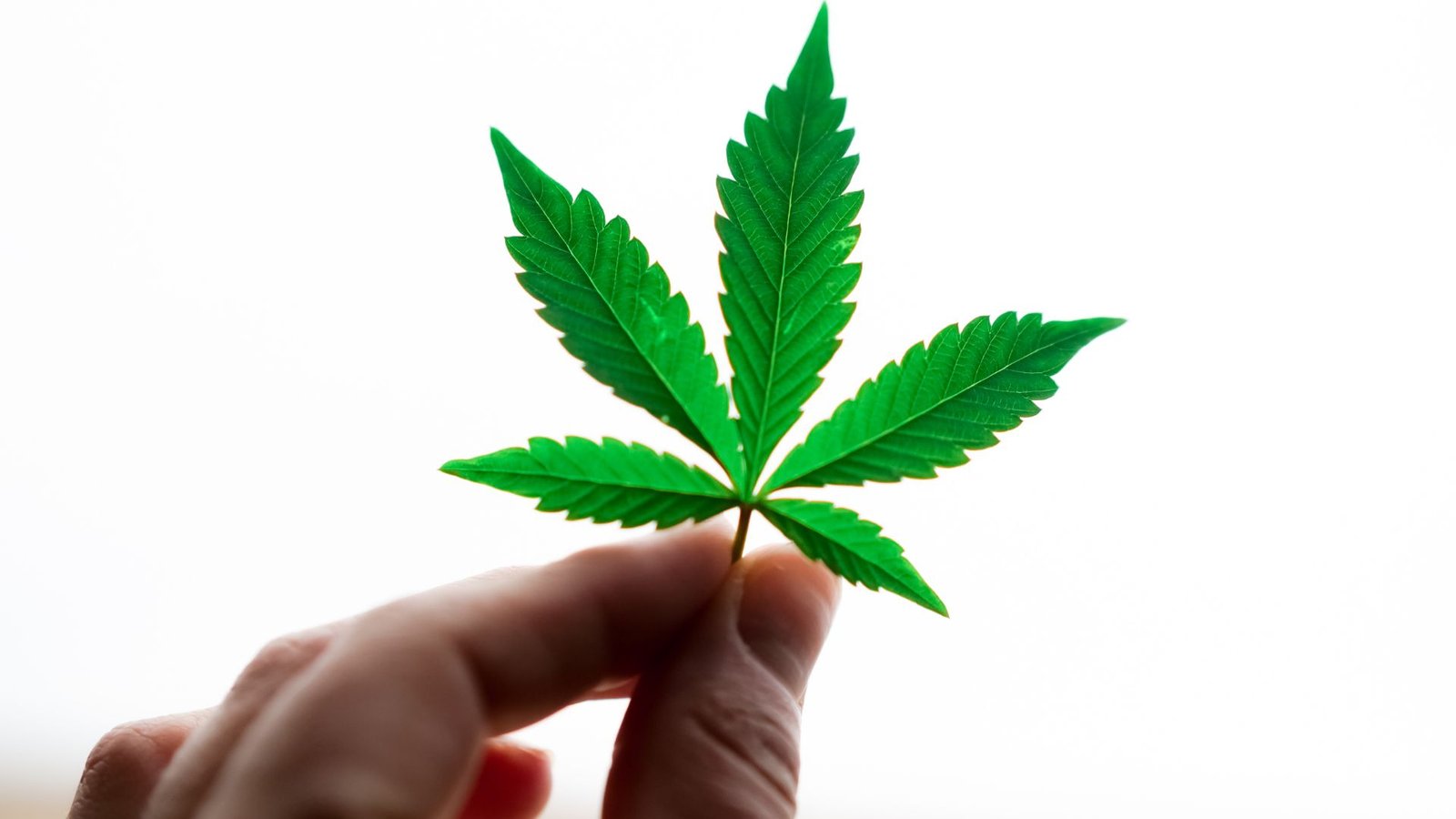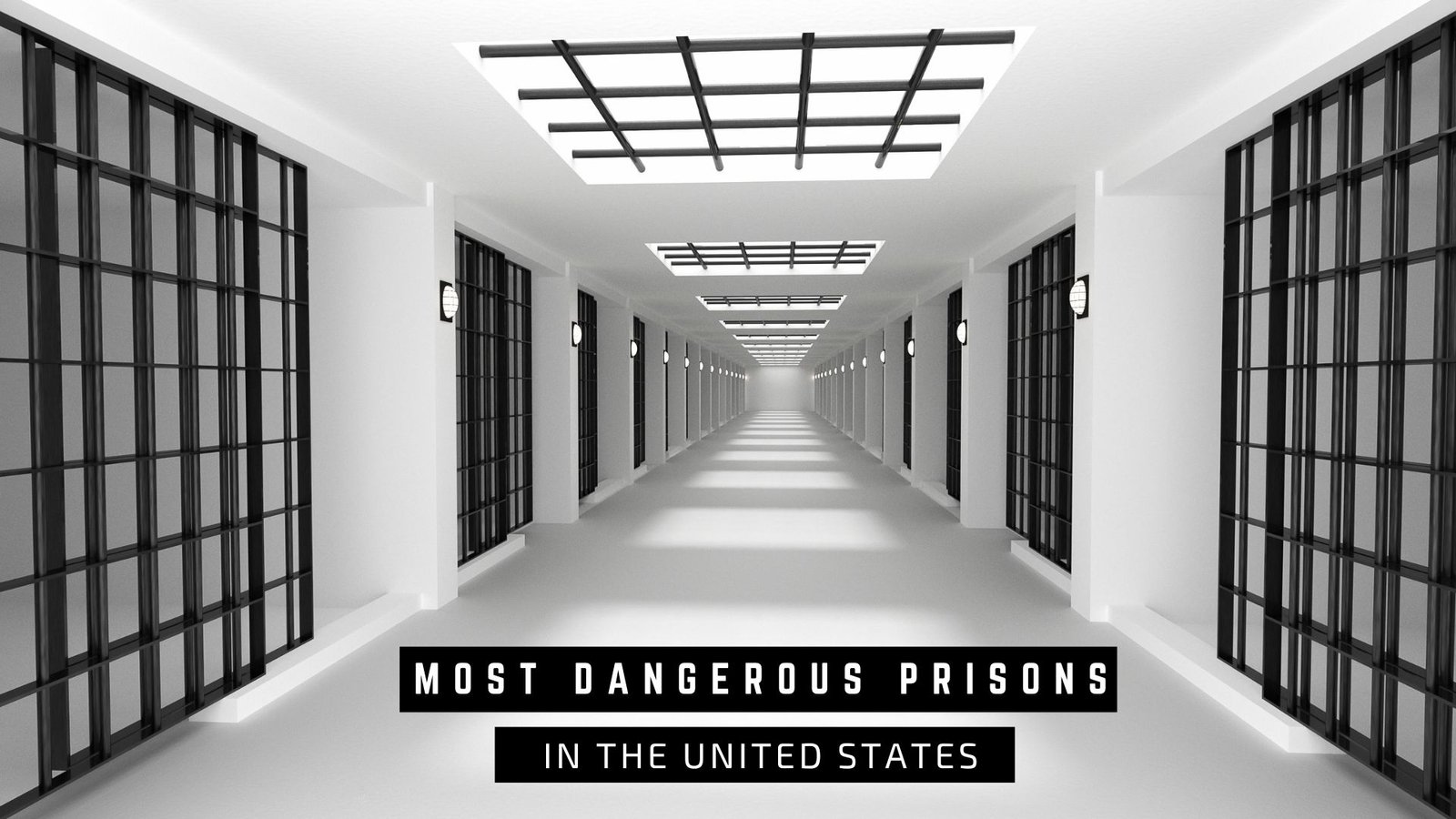On this page you will read detailed information about The Legal Status of Cannabis in the United States.
As you examine the complex legal landscape surrounding cannabis in America, it helps to understand the historical context. For the greater part of the 20th century, federal prohibition made cannabis illegal across the country. However, state-level legalization has challenged this status quo. With medical and even recreational cannabis now permitted in over half the states, the clash between state and federal law creates confusion. What does this conflicting patchwork of laws mean for cannabis businesses and consumers? As discussions continue around potential federal decriminalization, the future legal status of cannabis hangs in the balance. In this article, we will analyze key developments and what they could signify going forward.
The History of Cannabis Regulation in the U.S.
The legal status of cannabis in the United States has a complex history. For most of the country’s history, cannabis was legal and commonly used in medicinal and commercial products until the early 20th century.
The Path to Prohibition
In the early 1900s, negative public opinions of cannabis began to rise due to anti-drug campaigns portraying it as a dangerous substance that incited violence and criminality. Several states banned cannabis between 1915 to 1937. In 1937, the Marihuana Tax Act effectively criminalized cannabis on a federal level.
The War on Drugs
In 1970, the Comprehensive Drug Abuse Prevention and Control Act classified cannabis as a Schedule I controlled substance, the most restrictive category reserved for drugs with a high potential for abuse and no accepted medical use. The “War on Drugs” campaign led to stricter enforcement of anti-cannabis laws and disproportionately impacted minorities and marginalized groups.
Recent Legalization Efforts
In the 1990s, California became the first state to legalize medical cannabis. Several other states followed in the 2000s and 2010s. In 2012, Colorado and Washington became the first states to legalize recreational cannabis. As of 2021, 15 states and Washington D.C. have legalized recreational cannabis, while 36 states have legalized medical cannabis. However, cannabis remains illegal under federal law. The long and complex history of cannabis in the U.S. has been shaped by misinformation, racial injustice, and the conflict between state and federal law. The growing trend of legalization may signal changing public opinions and recognition of the medicinal and social benefits of cannabis.
Current Cannabis Laws by State: Where Is It Legal?
As of 2021, cannabis is legal for recreational use in 15 states, and legal for medical use in 36 states. However, under federal law, cannabis remains illegal as a Schedule I controlled substance under the Controlled Substances Act. This conflict between state and federal law has resulted in a patchwork of cannabis regulations across the country.
In the previous post, we had shared information about Liberal vs Conservative: Key Differences in Political Thought, so read that post also.
Recreational Use
In states that have legalized recreational cannabis, adults 21 and older can purchase cannabis products from licensed dispensaries. The 15 states with legal recreational cannabis are:
- Alaska
- Arizona
- California
- Colorado
- Illinois
- Maine
- Massachusetts
- Michigan
- Montana
- Nevada
- New Jersey
- New Mexico
- New York
- Oregon
- Vermont
- Washington
In these states, you can legally possess up to one ounce of cannabis flower, or its equivalent in cannabis concentrates or edibles. However, public use and driving under the influence remain illegal.
Medical Use
Over 30 U.S. states have legalized cannabis for medical use. To access medical cannabis, patients must first obtain a recommendation from a licensed physician. With a doctor’s recommendation, patients can purchase cannabis products from licensed dispensaries to treat chronic illnesses and medical conditions like cancer, HIV/AIDS, multiple sclerosis, PTSD, chronic pain, and more.
The specific medical cannabis laws vary in each state regarding conditions that qualify for treatment, possession limits, home cultivation, and supply sources. But in all states with medical cannabis laws, licensed dispensaries provide safe access to lab-tested cannabis products under regulatory oversight.
While cannabis laws are evolving rapidly in America, it remains illegal under federal law. But in states where cannabis is legal, regulated marketplaces are providing safe access to cannabis for recreational or medical purposes. The legal status of cannabis is an issue that is sure to see more changes and challenges in the coming years.
The Effects of Legalization on Public Health and Safety
Legalizing cannabis has significant effects on public health and safety that must be considered. Legalization may impact:
Usage Rates
Legalization could increase cannabis usage rates, especially among youth and young adults. When legal barriers are removed and cannabis is commercialized, it may become more accessible and appealing. Studies show mixed results, but some research indicates higher usage rates, especially among those under 21, in states that have legalized recreational cannabis. Regulating the cannabis market and enforcing age restrictions may help curb underage access and use.
Impaired Driving
Legalizing cannabis may lead to more impaired driving if laws and public education do not effectively deter people from driving while intoxicated. Cannabis can slow reaction times, impair coordination, and impact perception of time and distance. Stronger cannabis products, like extracts and edibles, may increase impairment. States that have legalized cannabis have implemented laws against driving while intoxicated, including blood limits for THC, but enforcement remains challenging. Public education campaigns highlighting the dangers of impaired driving may also help address this issue.
Health Effects
While cannabis may have legitimate medical uses, long-term recreational use can negatively impact health. Cannabis smoke contains carcinogens and can damage lungs. Frequent use is associated with respiratory issues like coughing, phlegm, and asthma. Legalization may increase these risks if more people use cannabis regularly and at higher potencies. Eating or vaping cannabis also has risks like accidental overconsumption of edibles leading to extreme intoxication. Frequent use, especially of high-potency products, can lead to problems with memory, learning, and mental health.
Balancing the economic and social benefits of legalization with public health and safety concerns remains complex with many open questions. Legalization policies must consider both the risks and rewards of this controversial issue to develop laws that protect communities and citizens. With careful regulations and public education, states that choose to legalize recreational cannabis can do so responsibly by mitigating health and social impacts. But policymakers and individuals must remain vigilant to address ongoing challenges as this social experiment proceeds.
The Economic Impact of the Legal Cannabis Industry
The legal cannabis industry in the U.S. has experienced exponential growth and is projected to continue expanding rapidly over the next decade. According to recent reports, legal cannabis sales hit $17.5 billion in 2020 and are estimated to reach $73.6 billion by 2027. This staggering growth is creating economic opportunities and having a significant impact.
Employment in the legal cannabis industry has also grown substantially. As more states have legalized medical and recreational cannabis, jobs in the cannabis industry have increased by over 340% since 2017. The industry now employs over 321,000 full-time workers in areas such as agriculture, manufacturing, retail, and healthcare. With many traditional industries facing job losses, the cannabis industry has become an unexpected bright spot, providing new careers and job security for thousands of workers.
Tax revenues from legal cannabis sales have also been substantial. In 2020, state and local governments collected over $10 billion in taxes from legal cannabis sales. These tax dollars fund important services like healthcare, education, and infrastructure. Some states allocate portions of cannabis tax revenue specifically to fund expungement of prior cannabis convictions and support communities that have been negatively impacted by the War on Drugs.
Despite its rapid growth, the cannabis industry still faces many challenges and uncertainties due to the plant’s complex and often conflicting legal status. However, if legalization trends continue, the legal cannabis market could generate over $130 billion in sales and support over 1 million jobs by 2024, signaling a pivotal moment for this nascent industry in the U.S. economy. With strong regulations and social equity measures in place, legal cannabis could become a major driver of economic growth and opportunity.
Cannabis FAQs: Your Top Questions About U.S. Laws Answered
As of 2021, medical cannabis is legal in 36 U.S. states, while recreational cannabis is legal in 18 states and Washington D.C. However, cannabis remains illegal under federal law. This conflicting situation understandably leads to confusion around cannabis laws and regulations in the U.S. Here are answers to some of the most frequently asked questions.
To determine if medical or recreational cannabis is legal in your state, check with your state legislature. States that have legalized cannabis have different laws regarding cultivation, possession and use. Some states only allow medical cannabis with a doctor’s recommendation, while other states have legalized recreational cannabis for adults. A handful of states have legalized cannabis entirely. However, transporting cannabis across state lines remains illegal under federal law.
While states have legalized cannabis, federal law still prohibits its use, possession and sale. The federal government has largely deferred to states to set their own cannabis policies, but there is still a risk of facing federal charges. Legal experts recommend using and possessing cannabis according to your state’s laws to minimize legal risks. However, cannabis remains illegal on federal property like national parks, airports and federal buildings even in states that have legalized it.
To obtain medical cannabis, you need a written recommendation from a licensed doctor. Approved medical conditions for cannabis include chronic illnesses like cancer, glaucoma, HIV/AIDS, Crohn’s disease, Alzheimer’s and chronic pain. The list of qualifying conditions varies in each state, so check with your state’s medical cannabis program for details. With a doctor’s recommendation, you can obtain a medical cannabis card to purchase medical cannabis from licensed dispensaries.
In summary, while states are legalizing cannabis, it remains illegal under federal law. The laws regarding cannabis can be complex and vary in each state. The safest approach is to understand the laws in your state and follow them closely to avoid legal trouble. Check with a legal expert for guidance on your specific situation.
Conclusion
In conclusion, you find yourself in a complex legal landscape regarding cannabis in the United States. Significant progress has been made with legalization at the state level and advancing public opinion. However, use and possession remain illegal under federal law, leading to conflicts and uncertainty. As debates continue in Congress and state legislatures, stay informed on the issues and latest developments. Consider reaching out to your elected representatives to make your voice heard. Change often happens incrementally, driven by impassioned citizens. Through constructive civic participation, we shape the future of cannabis policy.
Disclaimer
The information and services on this website are not intended to and shall not be used as legal advice. You should consult a Legal Professional for any legal or solicited advice. While we have good faith and our own independent research to every information listed on the website and do our best to ensure that the data provided is accurate. However, we do not guarantee the information provided is accurate and make no representation or warranty of any kind, express or implied, regarding the accuracy, adequacy, validity, reliability, availability, or completeness of any information on the Site. UNDER NO CIRCUMSTANCES SHALL WE HAVE ANY LIABILITY TO YOU FOR ANY LOSS OR DAMAGE OF ANY KIND INCURRED AS A RESULT OR RELIANCE ON ANY INFORMATION PROVIDED ON THE SITE. YOUR USE OF THE SITE AND YOUR RELIANCE ON ANY INFORMATION ON THE SITE IS SOLELY AT YOUR OWN RISK. Comments on this website are the sole responsibility of their writers so the accuracy, completeness, veracity, honesty, factuality and politeness of comments are not guaranteed.
So friends, today we talked about The Legal Status of Cannabis in the United States, hope you liked our post.
If you liked the information about The Legal Status of Cannabis in the United States, then definitely share this article with your friends.









